Great Britain have a proud history in Olympic Weightlifting with British athletes qualifying for every Summer Games held so far in which the sport has featured.
Tokyo 2020 Olympics: Athletes
British Weight Lifting was proud to send 4 athletes to Tokyo to compete in the Olympic Games. See their profiles below:
Zoe Smith
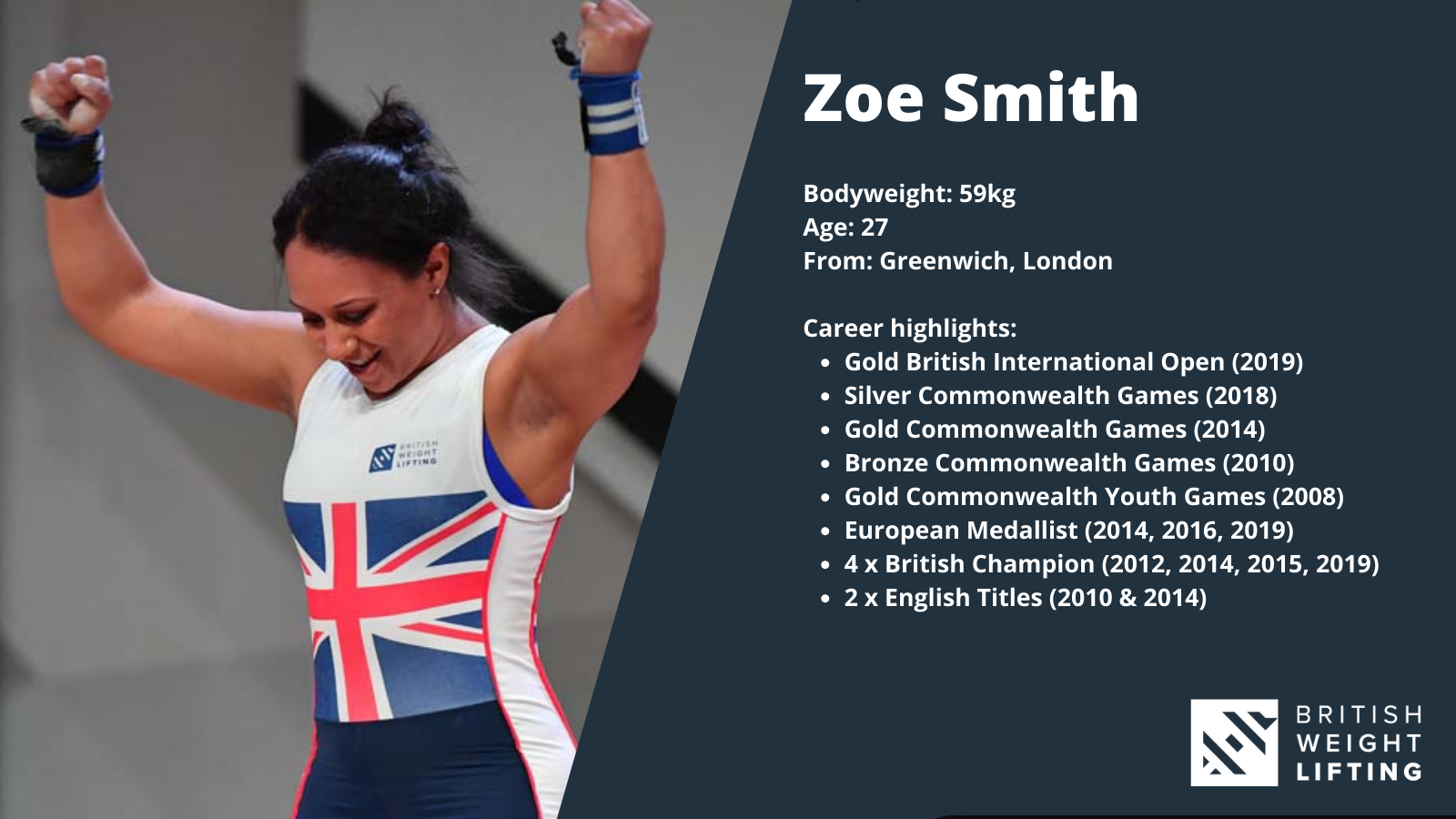
To read more about Zoe's career highlights please click here
Sarah Davies
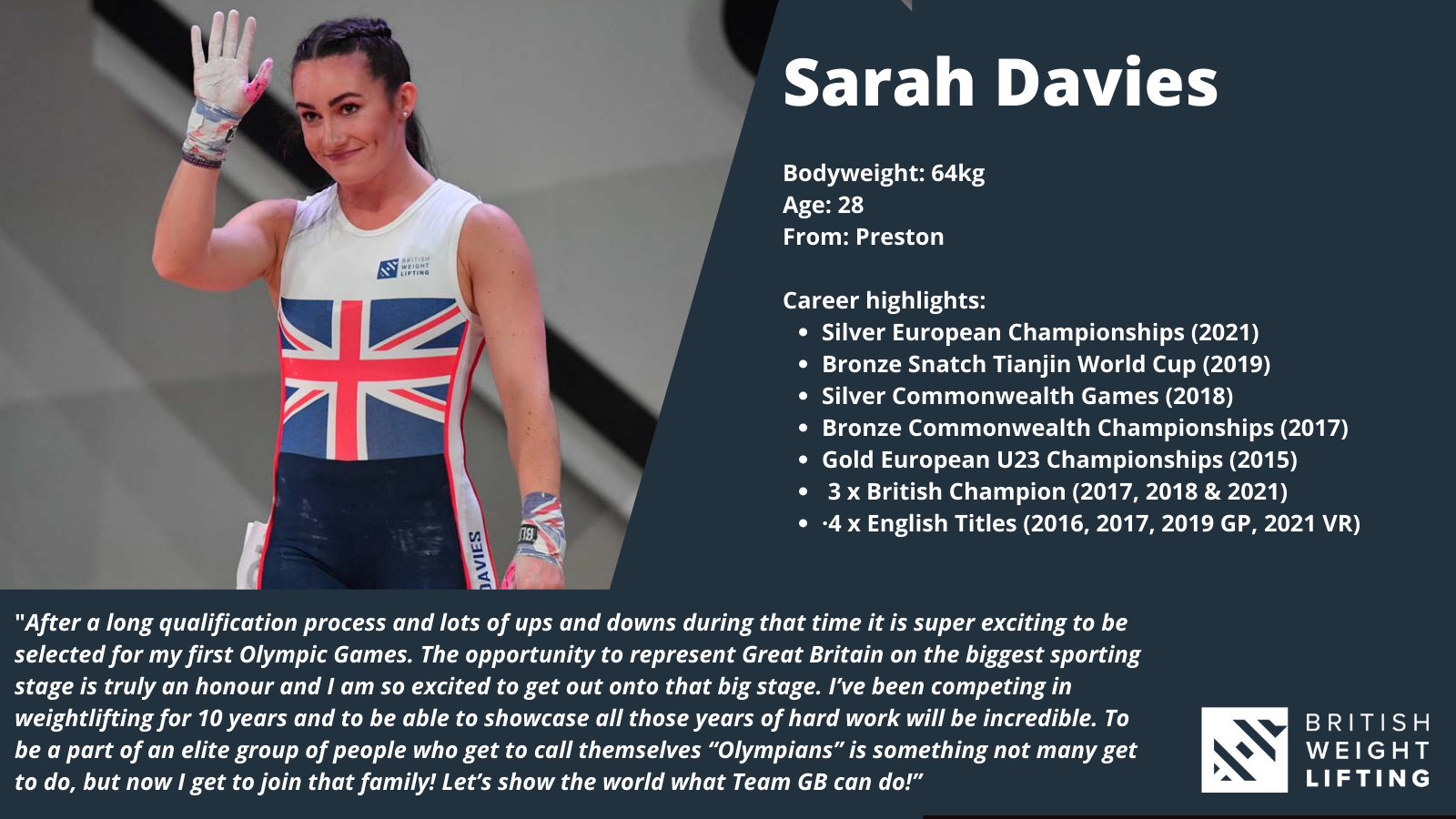
To read more about Sarah's career highlights please click here
To read our exclusive interview with Sarah please click here
Emily Campbell

To read more about Emily's career highlights please click here
To read our exclusive interview please click here
Emily Muskett
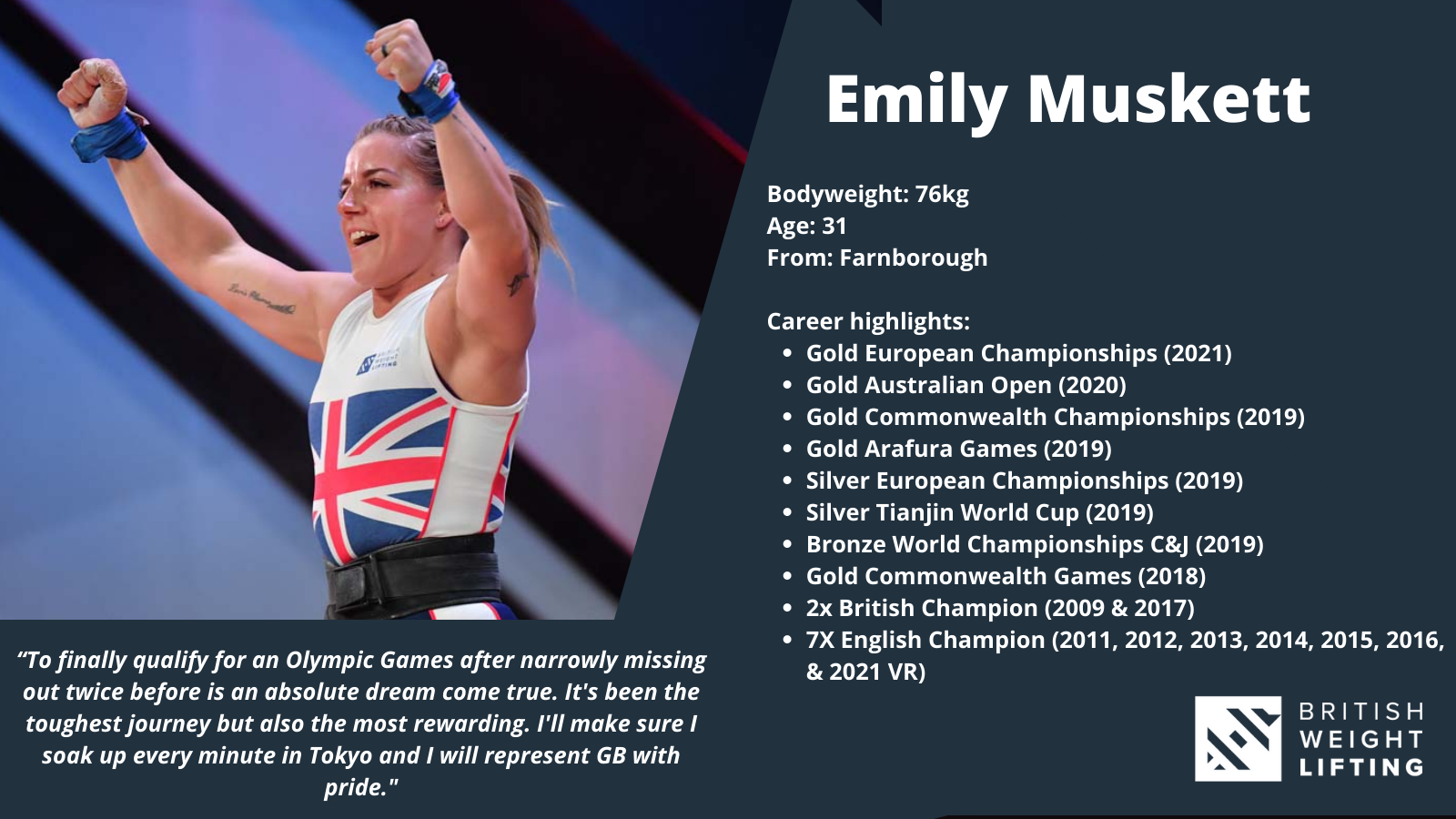
To read more about Emily's career highlights please click here
Tokyo 2020 Olympics: The Coaches
Stuart Martin, Andrew Callard, and Dave Sawyer
.png)
To read more about the coaching team please click here
Olympic Weightlifting: Quick Guide
The sport concentrates on two very technical lifts; the Snatch and the Clean & Jerk.
The Snatch: A barbell loaded with weight plates is placed horizontally on the platform in front of the athlete. The athlete lifts the loaded barbell from the floor to overhead in one smooth movement. The lift is completed when the athlete is standing, with the feet in line, and the barbell motionless overhead.
The Clean & Jerk: The bar is placed horizontally in front of the athlete. The athlete lifts the loaded barbell from the floor to the front-rack position and stands. This is the ‘clean’. The lifter then uses the legs to propel the barbell overhead – this is the ‘jerk’.
The lowest weight is attempted first, with the bar becoming progressively heavier until every lifter has completed 3 attempts in the Snatch. This is repeated in the Clean & Jerk. The system is known as the ‘rising bar’. Sometimes it means a lifter can make 2 or even all 3 of their attempts back-to-back. Lifters have one minute to lift the weight or two minutes if they are following themselves. If successful the bar is automatically increased by 1kg for that lifter’s next attempt, but they can request more weight in the warm up room. Lifters can submit changes in the first 30 seconds after the timing clock has started for their attempt. Lifters cannot submit changes in the final 30 seconds after the timing clock has started for their own attempt. If an athlete fails to register at least one successful lift in each discipline they are eliminated.
Each lift is judged by three technical officials who are sat at the front of the platform. Each official is required to press a button which will indicate either a ‘good lift’ or ‘no lift’, with the majority decision being carried. Common faults for a no lift include the bar not being under control, an athlete’s foot touching the bar, or a ‘press out’ where the bar is overhead, but the lifters elbows aren’t fully extended or ‘locked out’ in motion and they illegally press the bar out to arm’s length.
An athlete will receive a total when they have recorded at least one successful attempt in both the Snatch and the Clean & Jerk. The total is made by adding the lifters highest successful Snatch and Clean & Jerk attempts together. The lifter with the highest total will win the competition. If two people are tied, then the winner is the person who achieved the total first. The top three lifters will receive medals.
The qualification system for weightlifting is very complicated so here is a quick summary.
A country can send a maximum team of 8 lifters (4 men and 4 women). Only one lifter per country can qualify in each bodyweight category.
Each category will contain 14 lifters. This will consist of the top 8 lifters in the world rankings for each bodyweight category alongside the number 1 ranked lifter in each continent (who is not already in the top 8) and either 1 host nation athlete, or 1 tripartite invite athlete.
The rankings are calculated using the dynamic Robi points system which uses a formula based off the world records in each category and allows comparisons to be drawn across different bodyweights.
Lifters are required to have competed in a total of 4 events across three qualifying phrases. This was amended from 6 events due to COVID-19.
The first ran from 1 November 2018 to 30 April 2019, the second from 1 May 2019 to 31 October 2019 and the third from 1 November 2019 until 31 May 2021. Lifting in phase 3 was optional due to COVID-19.
Lifters have their best two scores from period 1 and 2 added together alongside their two next best scores from period 1, 2 and 3. The final score is used for the Robi Rankings.
Only six British Weightlifters have medalled at the Olympics in Weightlifting, collecting a total of 7 medals between them (One Gold, Four Silvers & Three Bronze).
Launceston Elliot was the first to do so, winning Silver in the two-handed lift, at the first modern Olympic Game at Athens in 1896. The following day he finished first in the One-Handed event, becoming the first British athlete in any sport to win Olympic Gold.
Julien Creus won Bantamweight Silver on home soil for Great Britain in 1948 while his teammate Jim Halliday won Lightweight Bronze.
Louis Martin won Bronze at Rome in 1960 Silver at Tokyo in 1964 competing in the Men’s Middle-Heavyweight category. The last British weightlifter to medal was David Mercer who won Middle-Heavyweight category Bronze at Los Angeles in 1984 during the Eastern Bloc Boycott.
More recently, Emily Campbell secured a silver medal at the 2020 Tokyo Olympic Games after a 156kg snatch and 161kg clean and jerk in the Women’s 87+kg category.
Do you have any more questions?
Get in touch with us by emailing enquires@britishweightlifting.org
Partners
-
 Official Partner
Official Partner
-
 Official Equipment Partner
Official Equipment Partner
-
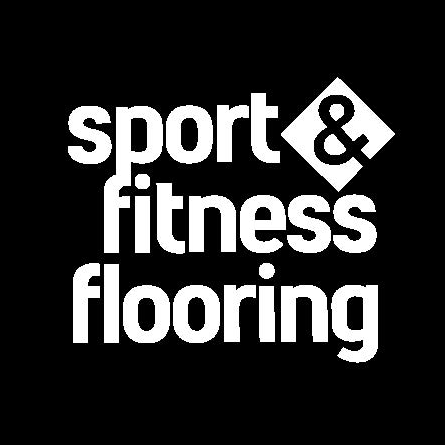 Official Partner
Official Partner
-
 Official Partner
Official Partner
-
 Official Photography Agency
Official Photography Agency
-
 Official Partner
Official Partner
-
 Official Partner
Official Partner
-
 Official Partner
Official Partner
-
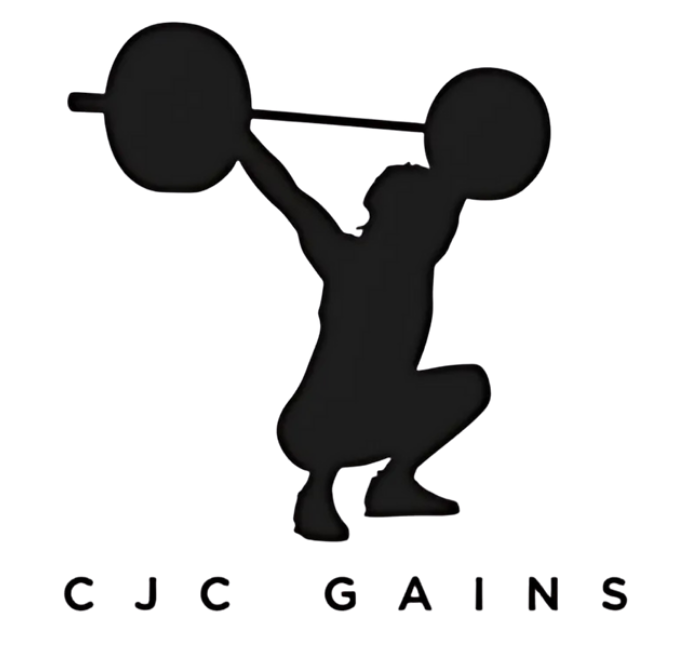 Official Partner
Official Partner
-
 Official Travel Partner
Official Travel Partner
-
 Partner
Partner
-
 Funding Partner
Funding Partner
-
 Funding Partner
Funding Partner
-
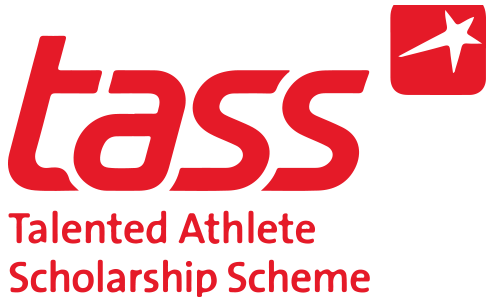 Funding Partner
Funding Partner
-
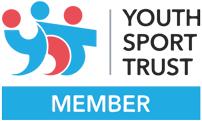 Official Strategic Partner
Official Strategic Partner
-
 Official Strategic Partner
Official Strategic Partner
-
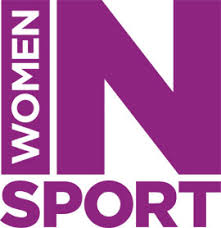 Official Strategic Partner
Official Strategic Partner
-
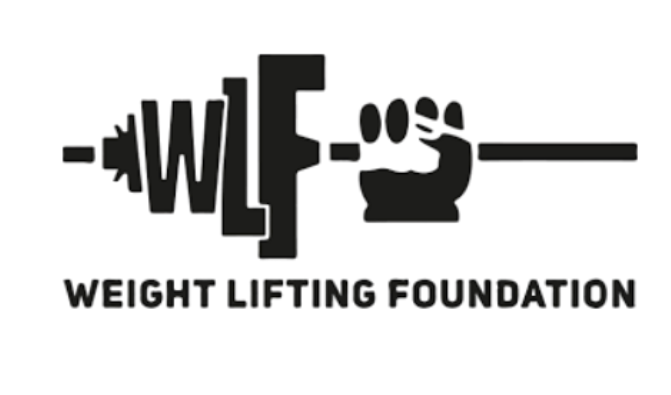 Weight Lifting Foundation Charity
Weight Lifting Foundation Charity
-
 Official ELearning Partner
Official ELearning Partner
-
 Official Awarding Organisation
Official Awarding Organisation
-
 Official Course Endorsement
Official Course Endorsement


